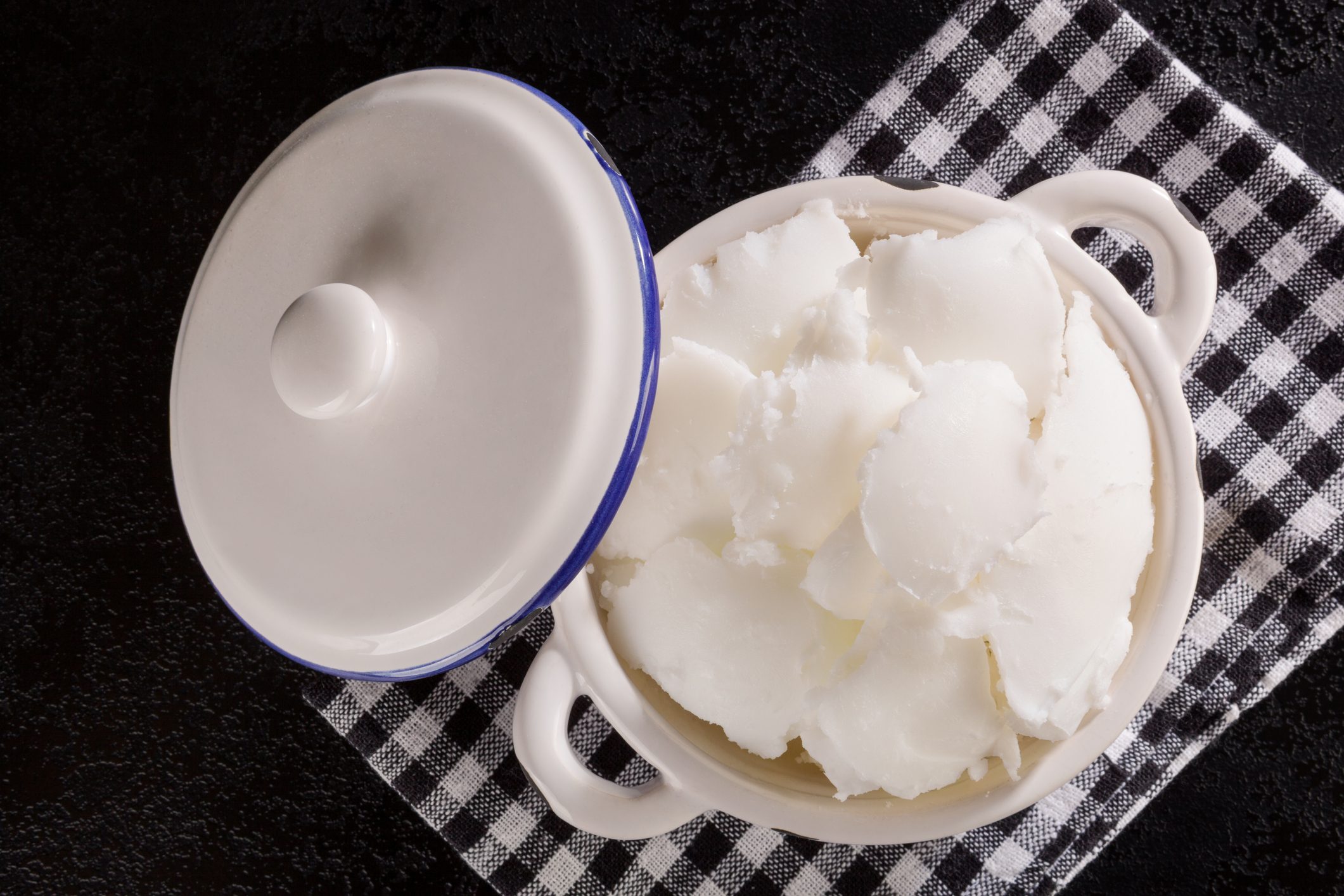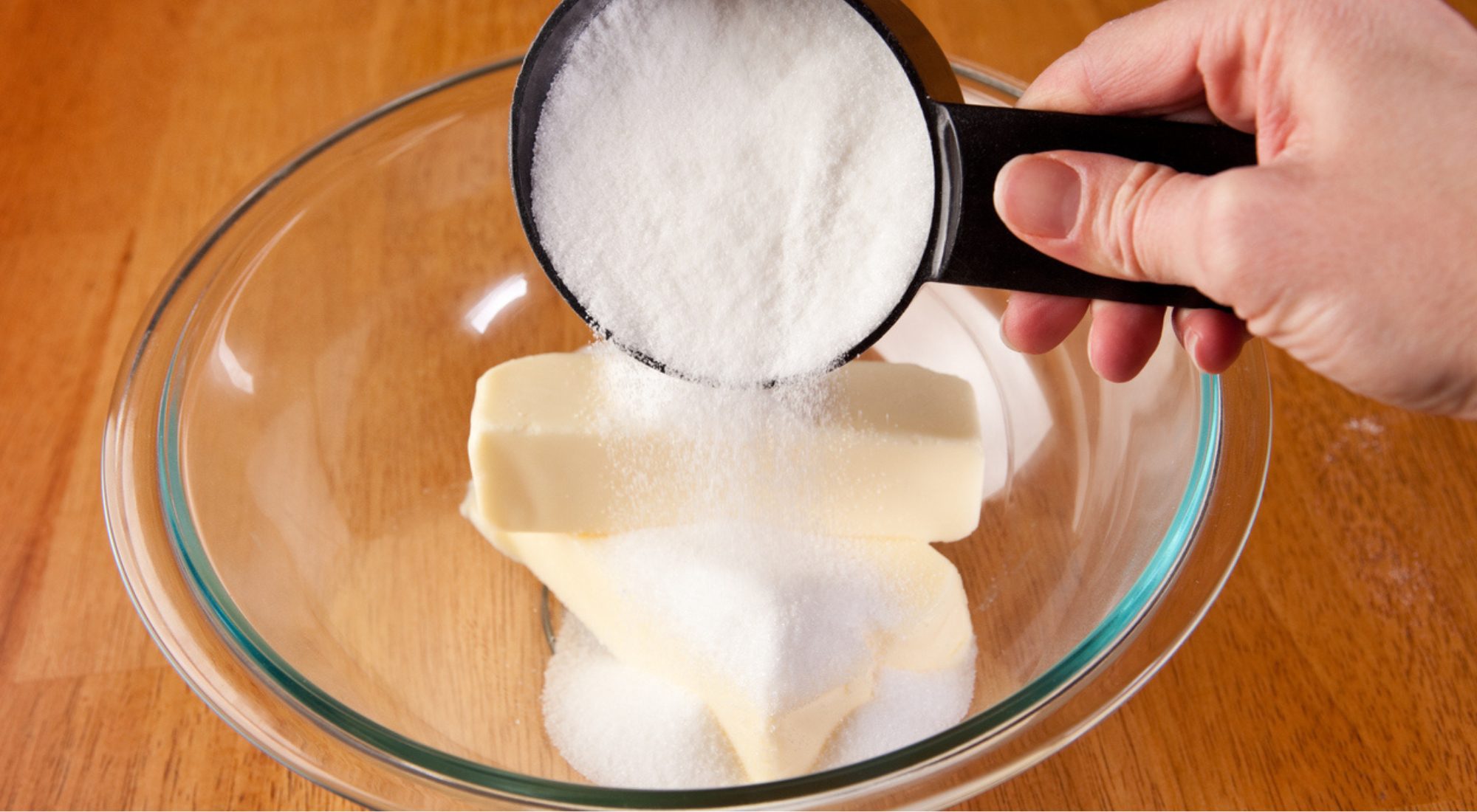
How to Substitute Ingredients: 6 Basic Baking and Cooking Ingredients Substitution Chart!
When cooking or baking, substituting ingredients can save your recipe if you're missing something. Common swaps include butter with olive oil, fresh yeast with dry yeast, eggs with bananas, milk with yogurt, sugar with honey, and flour with wholemeal flour. To avoid disappointing results, understand each ingredient's role and flavor impact.

Sometimes when we're cooking or baking, we might find ourselves missing a key ingredient. Instead of abandoning your culinary masterpiece or making a frantic run to the grocery store, fear not! Many ingredients can be successfully substituted, offering the same, or almost the same, results. We're here to give you six basic substitutions that will come in handy whenever you're in a pinch.
Can Ingredients Be Substituted Successfully?
The short answer is yes, ingredients can often be substituted in recipes. However, the results may vary slightly. The key is understanding the role of the ingredient you're substituting and choosing a replacement that mimics its function as closely as possible. While the texture or flavor might not be identical, with the right substitutes, you can achieve a result that’s delicious and satisfying. The success of a substitution largely depends on the type of dish and the specific ingredients involved.
Essential Substitutions Chart to Save the Day

Imagine you’re in the middle of baking a cake, and you realize you're out of butter. Or perhaps you're making bread and can't find fresh yeast. These situations are where substitution knowledge shines. Here are six basic substitutions:
- Butter: Substitute 100g (1/2 cup) of butter with 80g (1/3 cup) of olive oil. This works well in most baking recipes and adds a hint of richness.
- Fresh Yeast: Replace 25g of fresh yeast with 7g of dry yeast. Dry yeast is more concentrated, so less is needed.
- Eggs: In cake recipes, you can use 1 mashed banana instead of 2 eggs. This not only works as a binder but also adds moisture and a slight banana flavor.
- Milk: Substitute 100ml of milk with 125g of yogurt. Yogurt adds creaminess and can enhance the texture of baked goods.
- Sugar: Swap 100g of sugar with 80g of honey. Honey is sweeter and has a more complex flavor profile.
- Flour: Replace 100g of flour with 70g of wholemeal flour. Wholemeal flour is denser and has more fiber.
How to Avoid Disappointing Results with Substitutions
To avoid disappointing results when substituting ingredients, it’s crucial to understand the purpose each ingredient serves in the recipe. For example, eggs act as a binder, leavening agent, and moisture provider. When substituting eggs with a banana, remember that while it adds moisture and acts as a binder, it may not provide the same leavening effect. Adding a pinch of baking powder can help compensate for this. Moreover, consider the flavor impact. While olive oil can replace butter, it might impart a distinct flavor to your dish. Choose a mild-flavored oil if you want to avoid altering the taste significantly. Similarly, honey is sweeter than sugar and adds moisture, so you might need to reduce other liquids in your recipe.
When Ingredients Simply Can’t Be Substituted
Not all ingredients can be easily substituted without affecting the final product. For instance, while it’s possible to substitute wholemeal flour for white flour, it’s important to note that wholemeal flour has a denser texture and a different absorption rate. This can significantly affect the texture and structure of baked goods like cakes and pastries, which rely on the lightness provided by white flour. Similarly, in recipes that rely heavily on the unique properties of an ingredient, such as meringues (which require the specific structure of egg whites), substitutions might not work. In such cases, it’s better to either wait until you have the correct ingredient or choose a different recipe that can accommodate substitutions more easily.
;Resize,width=767;)
;Resize,width=712;)
;Resize,width=712;)
;Resize,width=712;)
